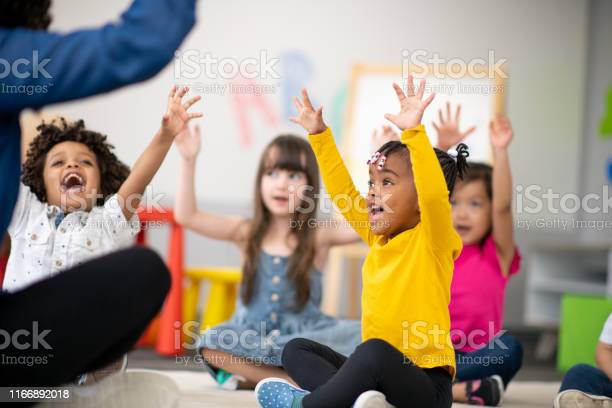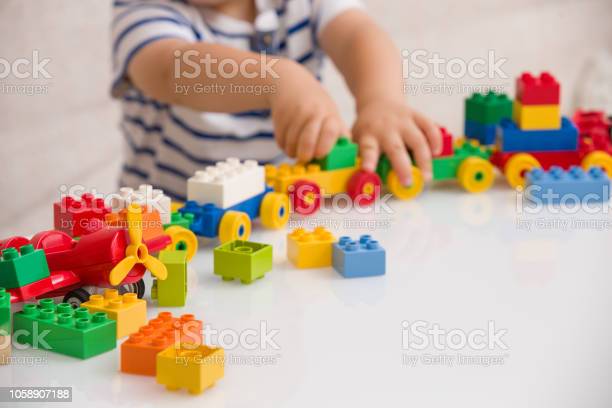EYFS
What is the Early Years Foundation Stage?
This is a very important stage as it helps your child get ready for school as well as preparing them for their future learning and successes. From when your child is born up until the age of 5, their early years’ experience should be happy, active, exciting, fun and secure; and support their development, care and learning needs. Nurseries, pre-schools, reception classes and child-minders registered to deliver the EYFS must follow a legal document called the Early Years Foundation Stage Framework.
It sets out:
- The legal welfare requirements that everyone registered to look after children must follow to keep your child safe and promote their welfare
- The 7 areas of learning and development which guide professionals’ engagement with your child’s play and activities as they learn new skills and knowledge
- Assessments that will tell you about your child’s progress through the EYFS
- Expected levels that your child should reach at age 5, usually the end of the reception year; these expectations are called the “Early Learning Goals (ELGs)”


How my child will be learning?
Your child will be learning skills, acquiring new knowledge and demonstrating their understanding through 7 areas of learning and development. Children should mostly develop the 3 prime areas first. These are:
- Communication and language
- Physical development
- Personal, social and emotional development.
These prime areas are those most essential for your child’s healthy development and future learning.
As children grow, the prime areas will help them to develop skills in 4 specific areas. These are:
- Literacy
- Mathematics
- Understanding the world
- Expressive arts and design.
These 7 areas are used to plan your child’s learning and activities. The professionals teaching and supporting your child will make sure that the activities are suited to your child’s unique needs. This is a little bit like a curriculum in primary and secondary schools, but it’s suitable for very young children, and it’s designed to be really flexible so that staff can follow your child’s unique needs and interests.
Children in the EYFS learn by playing and exploring, being active, and through creative and critical thinking which takes place both indoors and outside.
